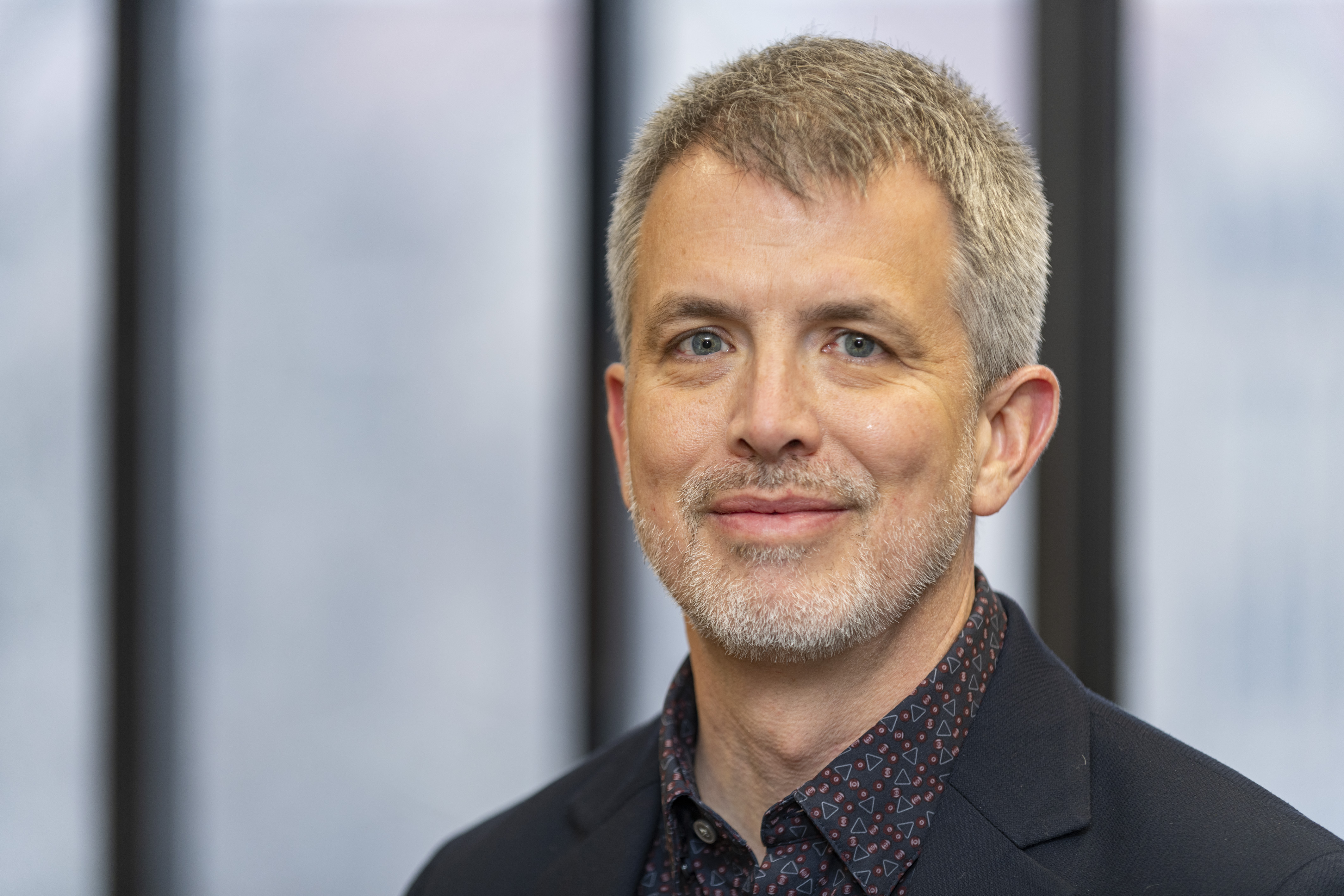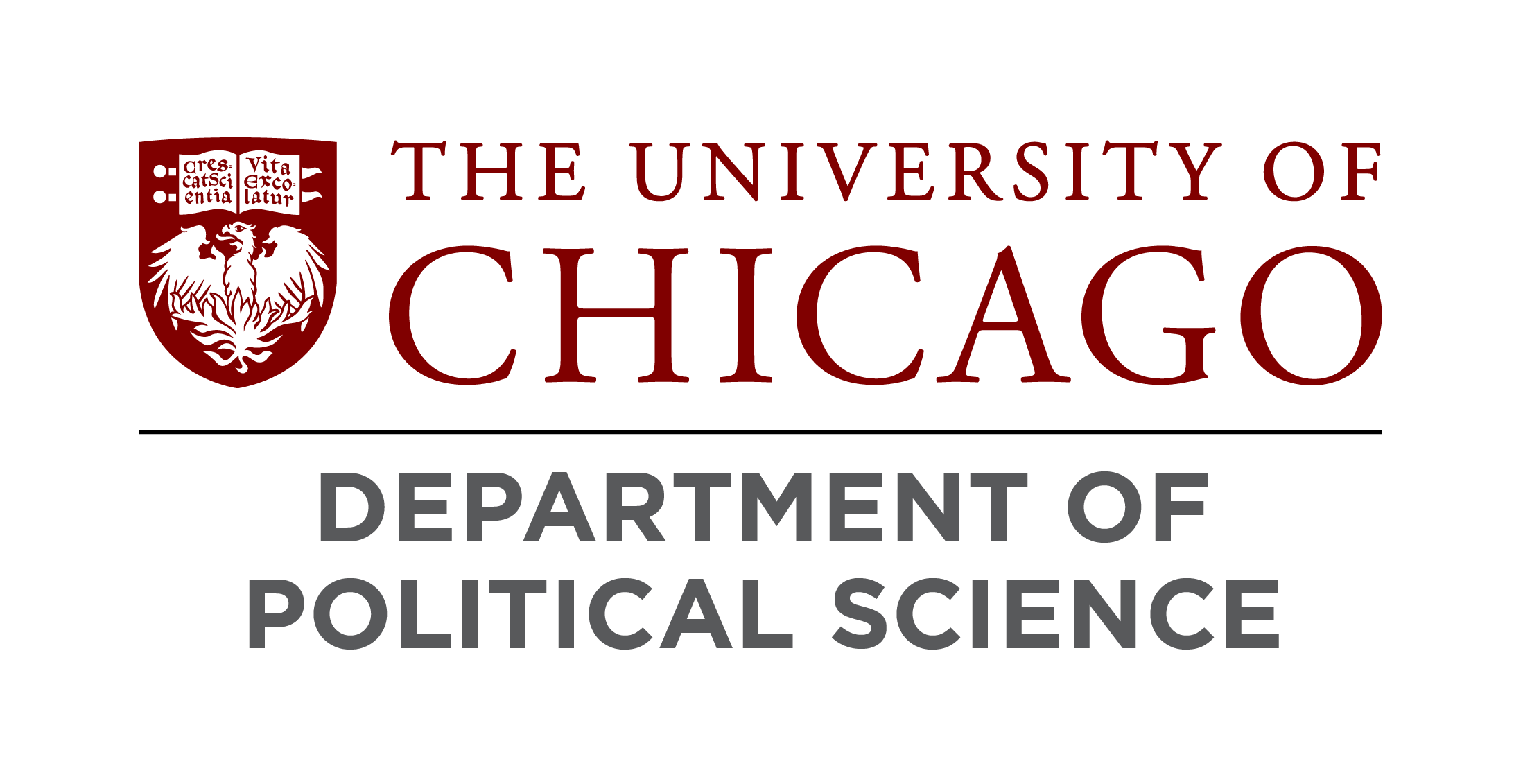
Scott Gehlbach is the Elise and Jack Lipsey Professor in the Department of Political Science, the Harris School of Public Policy, and the College at the University of Chicago. A scholar of authoritarian and post-authoritarian regimes, much of Gehlbach’s research is motivated by the contemporary and historical experience of Russia and Ukraine. His early work focused on the postcommunist transition in these and neighboring countries—a period of enormous political and economic change that exposed the centrality of institutions and the often divergent effects of similar reforms. More recently, Gehlbach has examined the relationship between reform and rebellion in autocracies, with an empirical focus on late Imperial Russia, and the impact of political connections on economic outcomes using large firm-level datasets from Ukraine. An early and leading practitioner of the use of game theory to model the institutions of authoritarian regimes, Gehlbach is author of the widely used textbook Formal Models of Domestic Politics, now in its second edition.
Prior to coming to Chicago, Gehlbach was for sixteen years a faculty member at the University of Wisconsin–Madison. He has at various times been affiliated with both the New Economic School—twice as a Fulbright-Hays Fellow—and the Higher School of Economics in Moscow. Among other service to the discipline, he is currently first vice president of the Society for Institutional and Organizational Economics, associate editor of the Quarterly Journal of Political Science, and organizer of the annual Summer Workshop in the Economic History and Historical Political Economy of Eurasia. At the University of Chicago, Gehlbach co-led the process to create a new Ph.D. Program in Political Economy, a joint offering of the Department of Political Science and the Harris School of Public Policy; he now leads the program as its director.
 THE UNIVERSITY OF CHICAGO
THE UNIVERSITY OF CHICAGO

